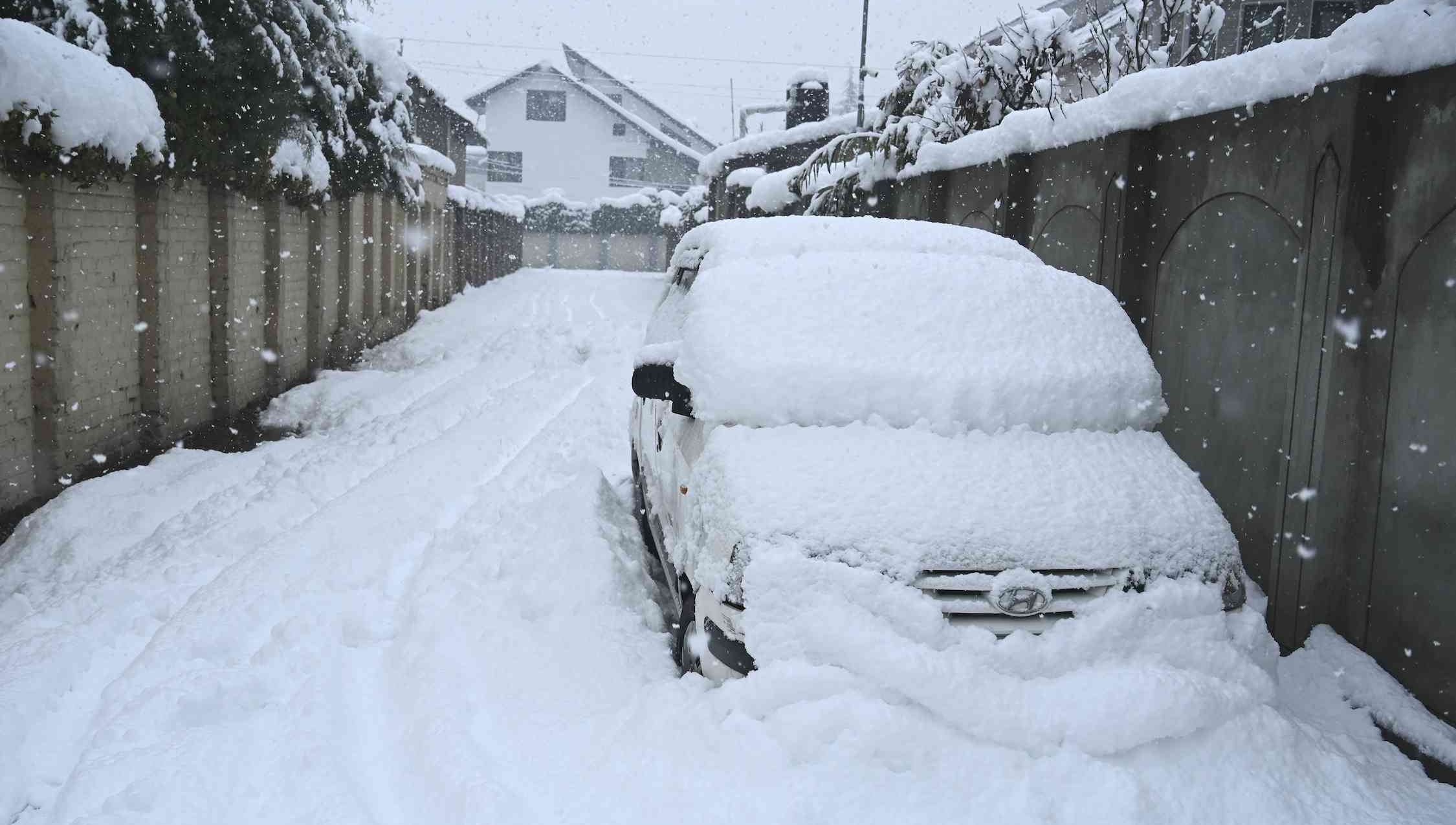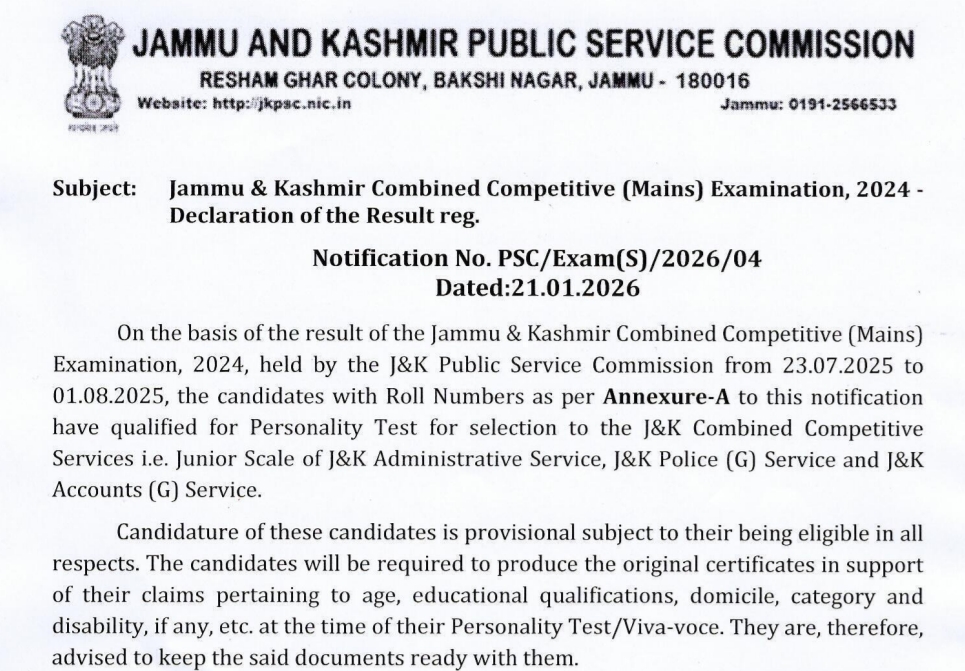
Govt Bans 25 Books in Jammu & Kashmir
Govt Bans 25 Books in Jammu & Kashmir
Srinagar, 6 August: In a bold move aimed at tackling radicalization and misinformation, the Government of Jammu and Kashmir has officially banned 25 books, citing their role in spreading false narratives, glorifying terrorism, and promoting secessionist ideologies.
According to an official notification (S.O. 203) issued by the Home Department on August 5, 2025, the banned literature was found to be a significant factor in influencing the youth toward extremism and violence.
According to the government order, accessed by ProKashmiri.in, credible investigations and intelligence inputs have revealed that these books have been persistently circulated under the guise of historical or political commentary. However, the content allegedly distorts facts, vilifies security forces, glorifies militants, and encourages a culture of grievance, victimhood, and alienation from the Indian state.
The ban has been imposed under Section 98 of the Bhartiya Nagarik Suraksha Sanhita 2023, and sections 152, 196, and 197 of the Bhartiya Nyaya Sanhita 2023. These legal provisions authorize the government to forfeit literature that endangers the sovereignty and integrity of India.
Sources in the administration told ProKashmiri.in that the banned material was being used in both printed and digital formats, often circulated through academic discussions, libraries, and underground groups. Officials argue that the measure is necessary to stop the circulation of content that promotes a culture of grievance and undermines national unity.
In the order signed by Principal Secretary (Home), Chandraker Bharti (IAS), it is stated that all copies of the identified books, in any format, are to be forfeited to the government. Law enforcement agencies have been instructed to take necessary action to ensure compliance. The directive has been forwarded to police departments, district magistrates, and educational institutions across the Union Territory.
While some civil rights voices have raised concerns about academic freedom, the administration has remained firm in its position, maintaining that this is a preventive step to safeguard peace and stability in the region.
The full list of banned books has been included in the official annexure to the notification and will be circulated among all relevant institutions. The government has warned that any attempt to distribute or promote the banned content will attract strict legal action.
With this sweeping measure, the Jammu and Kashmir administration has sent a strong message that no form of narrative, whether disguised as scholarship or otherwise, that promotes extremism or separatism will be allowed to persist. This is part of a larger policy effort to ensure peace, stability, and deradicalization in the region.
Some of the banned books include titles such as:
- “Between Nation and Democracy: Gender and Militarization in Kashmir” by Seema Kazi (New Delhi: Women Unlimited)
- “Human Rights Violations in Kashmir” by Piotr Balcerowicz and Agnieszka Kuszewska (Routledge)
- “Kashmiri’s Fight for Freedom” by Mohd Yosuf Saraf (Feroze Sons Pakistan)
- “Colonizing Kashmir” by Hafsa Kanjwal (Stanford University Press)
- “Kashmir Politics and Plebiscite” by Dr. Abdul Jabbar Gockhami (Gulshan Books Kashmir)
- “Do You Remember Kunan Poshpora?” by Essar Batool and others (Zubaan Books)
- “Mujahid ki Azaan” by Imam Hasan Al-Bana Shaheed, edited by Maulan Mohammad Enayatullah Subhani (Markazi Maktaba Islami Publishers Delhi)
- “Al Jihadul fil Islam” by Moulana Moudadi (Darul Musannifeen – Markazi Maktaba Islami Publishers Delhi)
- “Independent Kashmir” by Christopher Snedden (Manchester University Press & Sanctum Books Delhi)
- “Resisting Occupation in Kashmir” by Haley Duschinski, Mona Bhat, Ather Zia, and Cynthia Mahmood (University of Pennsylvania Press)




